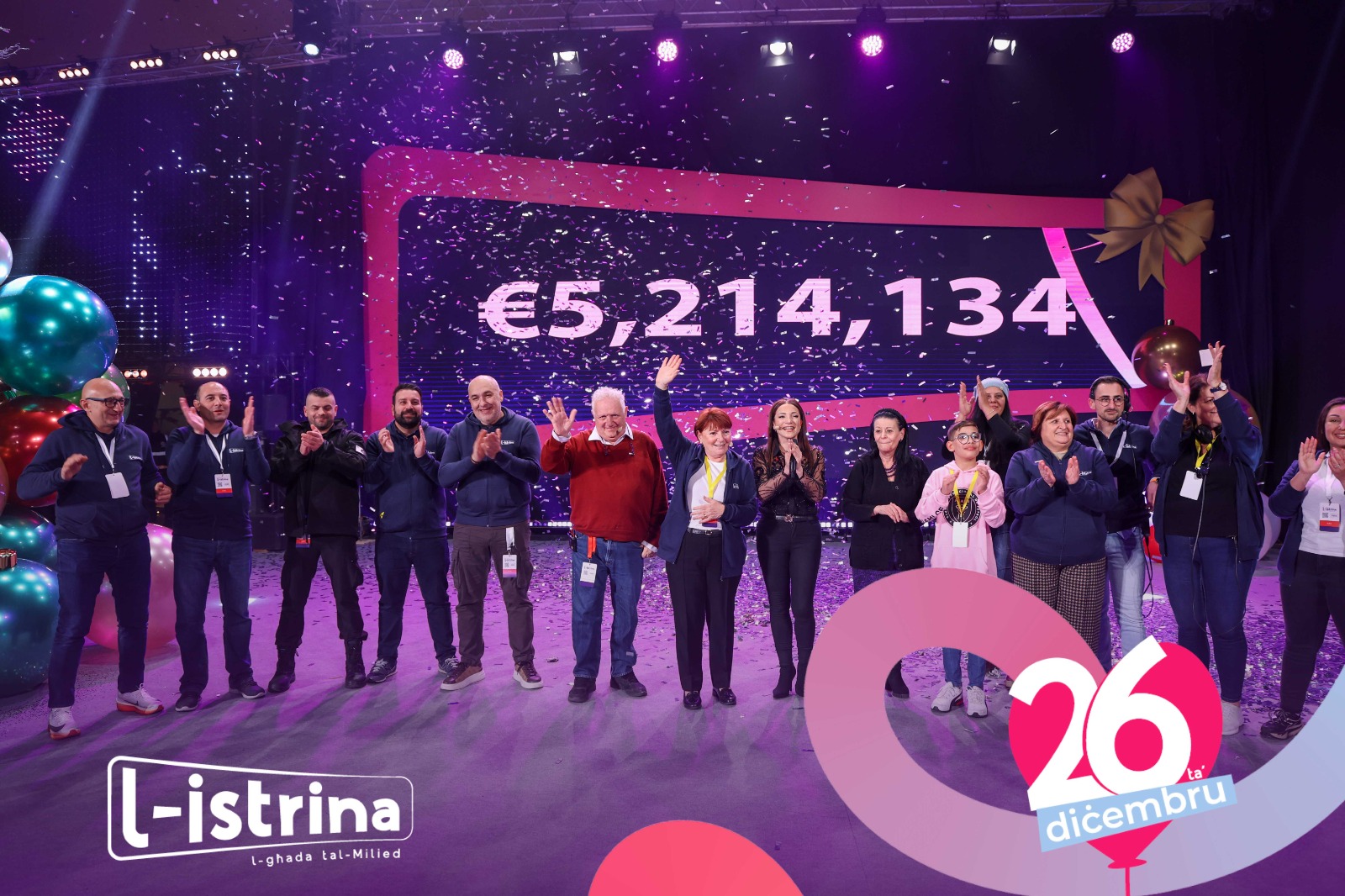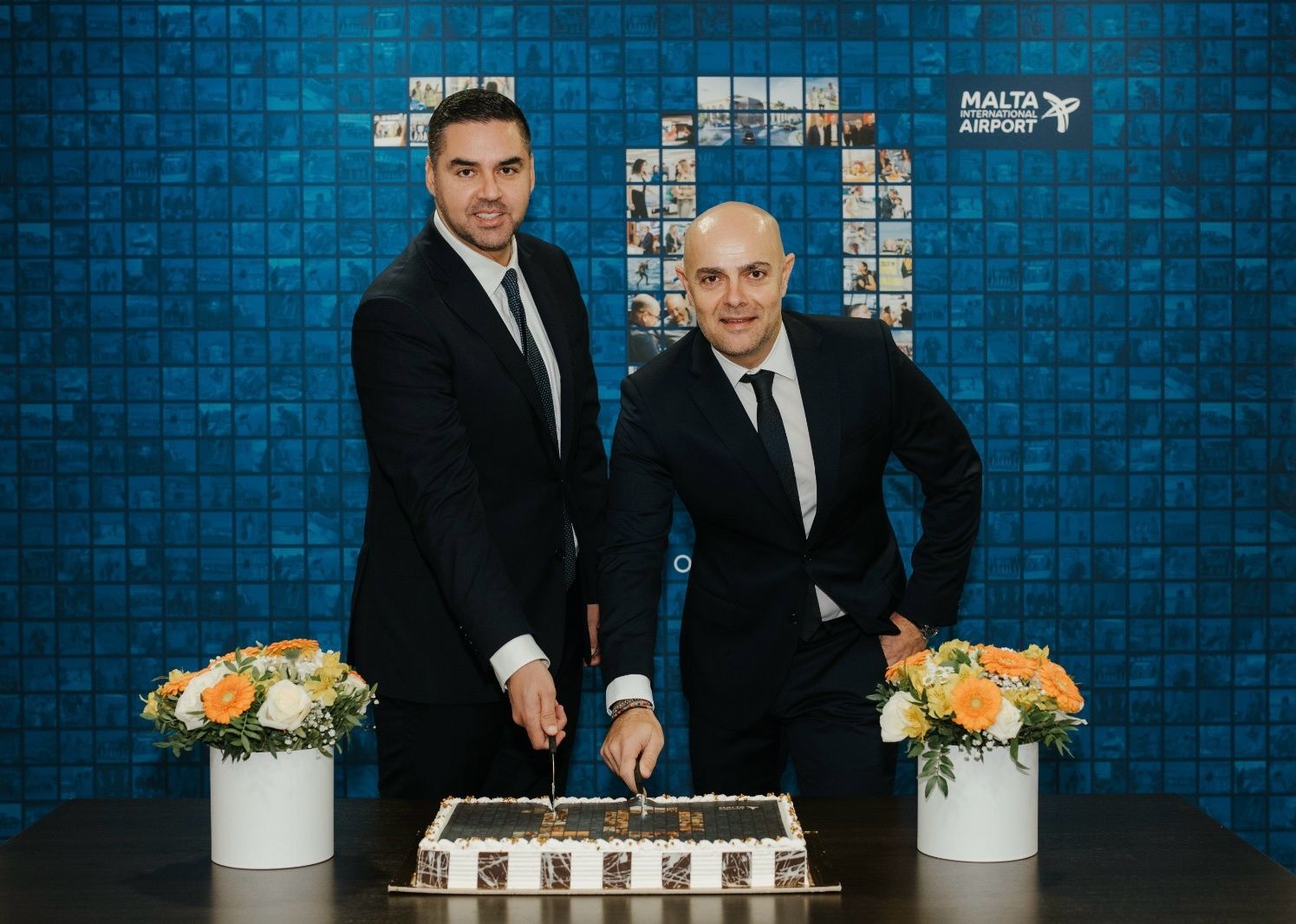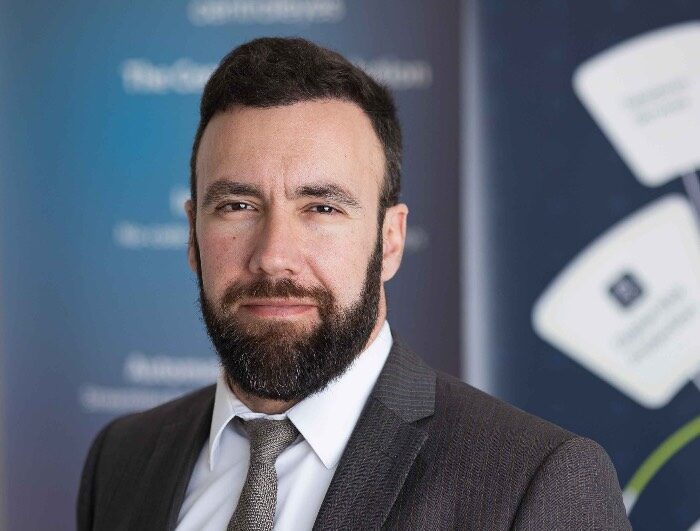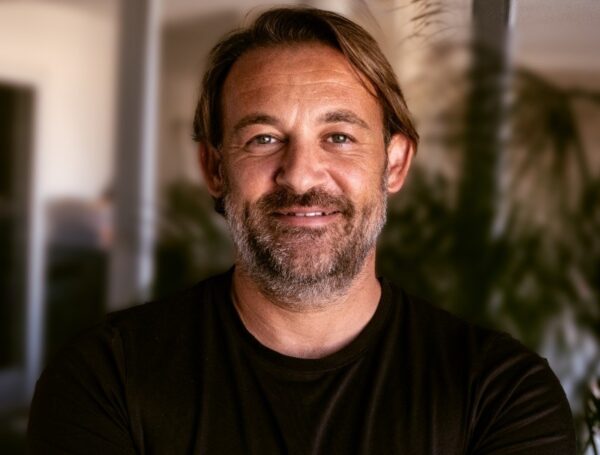The controversy surrounding the Malta Community Chest Fund’s (MCCF) refusal to accept a cryptocurrency donation now valued at around €39 million has sparked a wider debate – not just about Binance, but about the ethical and practical challenges facing NGOs when money and morality collide.
The Malta Community Chest Fund’s decision to reject a cryptocurrency donation now worth around €39 million has divided opinion across Malta’s business and professional circles.
Economist Marisa Xuereb argues the case highlights the ethical and governance dilemmas NGOs face when dealing with funds from controversial sources, while lawyer Adrian Sciberras believes such situations call for a more pragmatic, forward-looking approach that weighs tangible community benefits against reputational risks.
‘They basically cannot get it right’
Ms Xuereb noted that NGOs are constantly under pressure to raise funds for causes that are “in most cases worthy causes that we fail to fund adequately through the national budget.” Yet their ability to do so depends entirely on maintaining public trust.
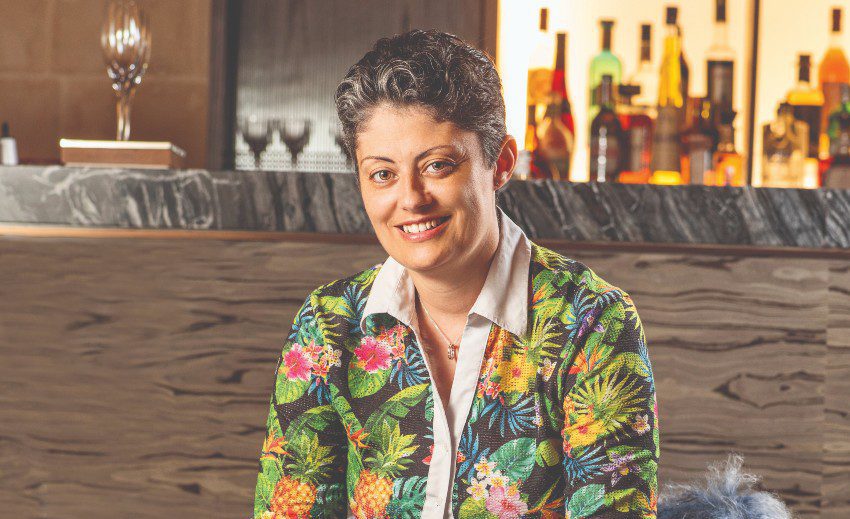
“NGOs are able to raise funds from the public for as long as they are perceived to be following good governance practices,” she explained. “The moment people lose trust in NGOs, their ability to raise funds is severely compromised.”
Because NGOs often lack the resources to carry out full due diligence on donors, Ms Xuereb said, they are more inclined to err on the side of caution. “They are particularly susceptible to rumours of foul play, and constantly under pressure to maintain the moral high ground,” she added.
She also pointed out that donors with reputational issues may use charitable giving as a way to improve their image, an approach that has even been encouraged through policies like the Individual Investor Programme (IIP), which required contributions to NGOs as part of the citizenship-by-investment scheme.
“The situation gets even more ludicrous when we put the onus of raising funds for cancer treatment on an NGO fronted by our Head of State,” Ms Xuereb remarked, referring to the MCCF.
She concluded that the incident should serve as a reminder of a structural flaw: “May this be yet another lesson on why we cannot continue having our head of state begging for funds for causes worthy enough to be funded from the national budget.”
‘A reasoned, forward-looking approach’

Adding a legal perspective to the debate, Lawyer Adrian Sciberras tells MaltaCEOs.mt the issue should be approached “pragmatically rather than emotionally,” noting that Binance has already undergone significant restructuring and compliance reform following its settlement with US authorities.
“Binance and its founder, Changpeng Zhao (CZ), reached a landmark settlement with the US Department of Justice after pleading guilty to certain federal charges, marking a pivotal moment in the regulation of the cryptocurrency industry,” he said. “As part of the agreement, Zhao stepped down from his position as CEO, and the company paid a substantial fine to resolve the matter.”
Dr Sciberras adds that while the penalties were significant, Binance remains “one of the most influential and trusted cryptocurrency exchanges worldwide,” and Zhao “was permitted to retain his personal wealth, subject only to a modest financial penalty, after assuming full responsibility and stepping aside from leadership.”
“In this context, the question of whether to accept personal or corporate donations from Binance or Zhao should be considered pragmatically rather than emotionally,” he said. “Given the company’s ongoing global compliance efforts and its enormous market standing, such contributions could translate into significant charitable impact.”
He noted that the potential donation’s value “could equal several years of the Istrina national fundraising campaign combined – a golden opportunity to assist thousands in need.”
“While Binance’s past controversies cannot be ignored, its reformation and continued trust by millions of users worldwide suggest that the Malta Community Chest Fund should not dismiss donations outright,” Dr Sciberras concludes. “Instead, it should weigh the tangible benefits these could bring to the community against the moral optics, adopting a reasoned, forward-looking approach rather than a reactionary stance.”
Featured Image:
L-Istrina / Facebook
‘Our greatest achievement to date’: Bridgepoint Group acquires majority stake in ht.digital
'ht.digital sits at the intersection of two powerful, long-term trends.'
Malta’s transport dilemma: Paying the price for movement
We talk about the cost of a metro, but the real question is this – what is the cost of ...
Malta’s growth dilemma: We’re running out of land – but not of ideas
Malta is hitting the natural limits of 'more', but it’s time to master 'better', says Stephanie Fabri.
KPMG Malta appoints Ruth Bonnici and Louise Grima as Directors within its Tax function
Both bring extensive expertise in international and indirect taxation.


